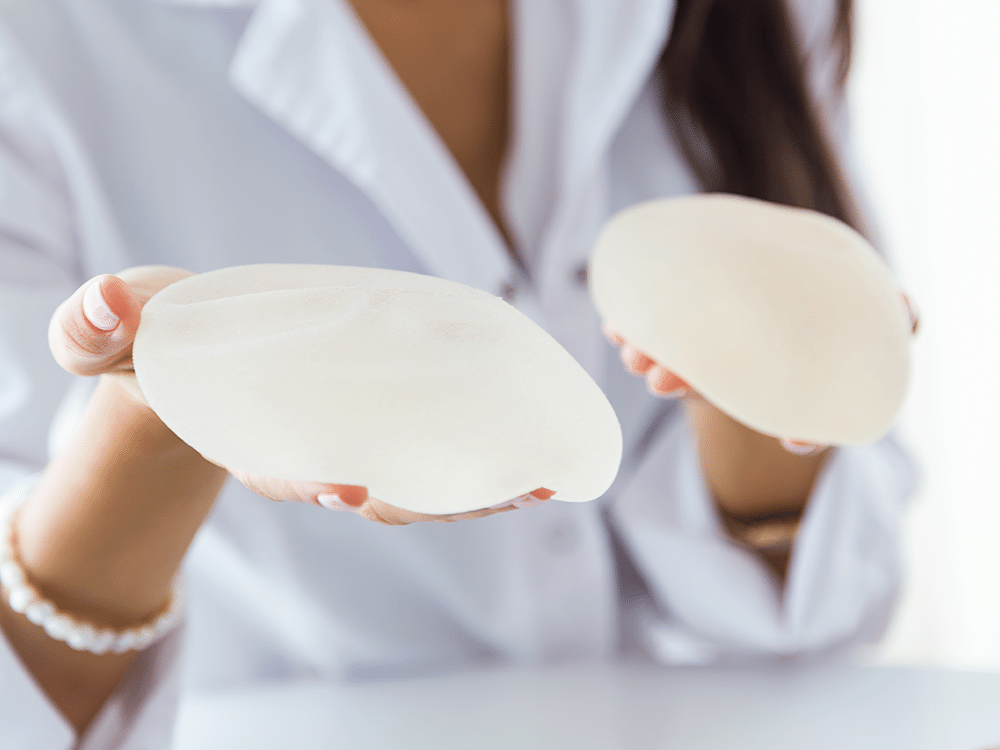Breast Augmentation
What Is Breast Augmentation Surgery?
Breast augmentation is a surgical procedure to increase the volume of the breasts. In breast augmentation surgeries, specially produced implants are placed under the breast tissue or chest muscles.
What Kind of Implants Are Used in Breast Augmentation Surgeries?
Fat tissue and stem cells in the body can also be used in breast augmentation surgeries instead of implants. In surgeries performed with this method, the fat obtained from the abdomen is placed in the breast tissue. For these adipose tissues to be permanent in their new places, they must be nourished by the veins. To create new vascularity, it must be transplanted with stem cells.
Today, the use of implants is more common than the use of body tissue. Breast implants contain saline or a silicone gel enclosed in a silicone sheath.
What Are the Risks of Breast Augmentation Surgery?
Every surgery has some complications and risks. Breast augmentation surgery may also have risks such as:
- -Breast pain,
- -Infection,
- -Numbness in the nipple and breast,
- -Distortion of the shape of the breast implant,
- -Implant leak.
The Procedure
An incision is made in the crease just below the breast, under the arm, or around the nipple to insert the breast implant. After the incision is made, the surgeon separates the breast tissue from the chest muscles and connective tissue. Thus, it creates a pocket behind or in front of the outermost muscle of the chest wall. The surgeon places the implant in this pocket.
Saline implants are placed empty and then filled with sterile saline after placement. Silicone implants are pre-filled with silicone gel. After the implants are in place, the surgeon closes the incision with sutures and bandages it.
After the Procedure
Swelling, edema, bruising, and pain that occurs after surgery last for several weeks. Painkillers that are given to relieve you will help reduce the surgery pain. Use the bra recommended by your surgeon to ensure that the implants stay in the correct position during the healing process.
You should not rush to return to your routine life and business life. If you do not have a physically demanding job, you can return to work within two weeks at the latest. However, you should avoid strenuous activities during this time. Remember that your breasts will be extra sensitive to physical contact during this period.
You should contact your surgeon as soon as possible if you notice an abnormal condition such as warmth and redness in your chest or if you get a fever. In cases of shortness of breath or chest pain, you need to contact your surgeon without hesitation as well.


